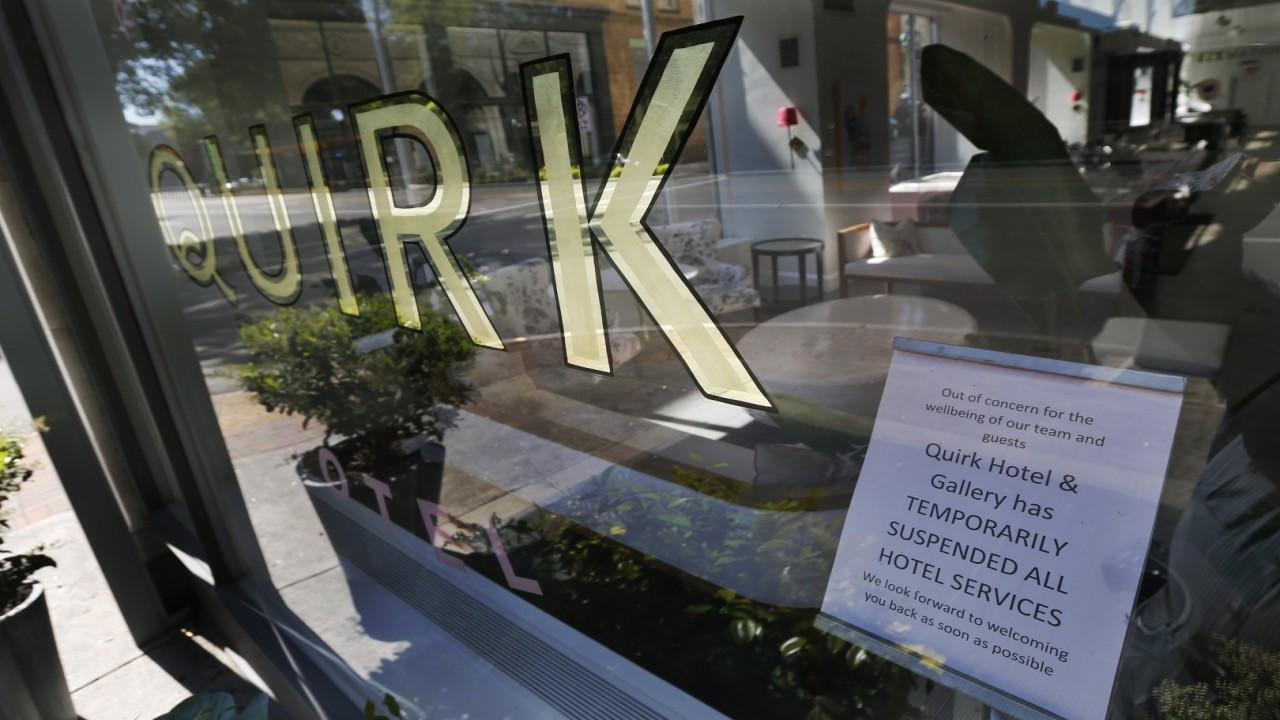What is a nonessential business?
The coronavirus pandemic saw many businesses close.
Get all the latest news on coronavirus and more delivered daily to your inbox. Sign up here.
The coronavirus pandemic caused widespread chaos and fear. From late March and into April, governments throughout the United States, including Puerto Rico, Guam, and Washington, D.C., so-called nonessential businesses to close in an effort to slow the spread of COVID-19.
But what is considered a non-essential business?
CORONAVIRUS IMPACT: STATE-BY-STATE RE-OPENINGS & RESTRICTIONS
The definition of an essential business varies from state to state and city to city, but "nonessential" can be assumed to be a recreational business.
Nonessential businesses don't provide people with groceries, medical care, financial support, medicine or utilities.
Clothing, shoes and accessory retailers are all considered nonessential.
And hotels?
Many hotels are keeping a skeleton staff for front line workers, first responders, family members visiting loved ones and truck drivers. But not all hotels are open at this time. If you're looking to book a hotel, it's best to check its website or speak to staff member directly to see if it's open.
CALL IT HERO PAY OR HAZARD PAY, ESSENTIAL WORKERS WANT MORE OF IT
Bars and restaurants are some of the core nonessential businesses that have been affected by the order. Many restaurants have managed to stay open by offering take out and delivery only options.
Gyms, swimming pools and other sports facilities are other examples of nonessential operations, and these too have been forced to close.
It's safe to assume that all venues of entertainment come under the nonessential business. This includes theatres, both movie and stage, bowling alleys, casinos and racetracks, shopping malls, museums and art galleries, sports and concert venues.
GET FOX BUSINESS ON THE GO BY CLICKING HERE
Places offering beauty and grooming services are considered nonessential. This means all barbershops, hair and nail salons, spas and massage businesses are closed during the shutdown.
Services and businesses such as gun stores, liquor stores, construction, labor unions, marijuana dispensaries and home office supply stores may or may not be considered nonessential businesses, depending on the area they are in.




















